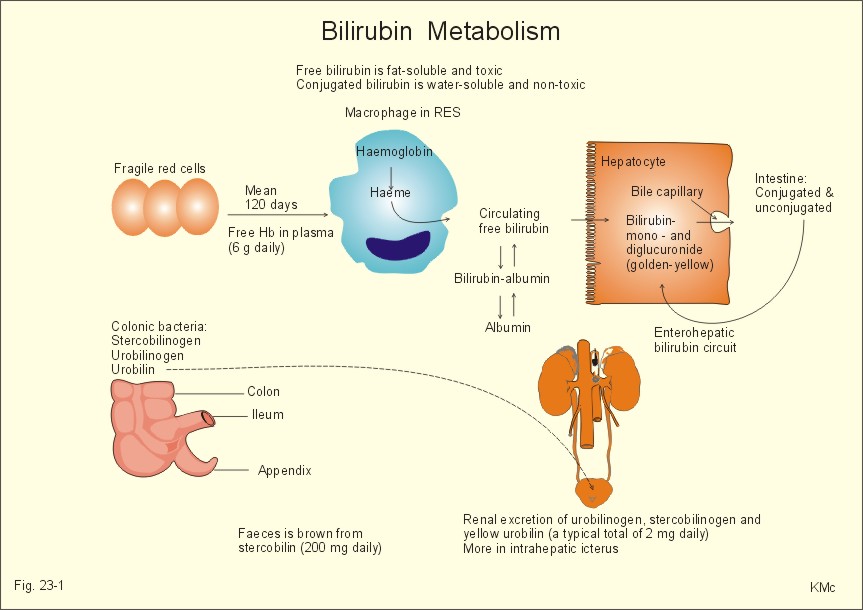
How not eating increases Total Serum Bilirubin
How not eating increases Total Serum Bilirubin
(TSB) in both healthy adults and those with Gibert’s Syndrome has been studied for several years. Here is a link to one fascinating article printed in the British Pharmacological Society which showed that not eating for a period of 12 to 24 hours has a dramatically significant impact on a person’s Total Serum Bilirubin (TSB).
The article states, “A clinically significant relevant rise in TSB concentration took place after 12 hours, and TSB concentrations were about 2.5 times higher after a fast compared with non-fasting treatment. Thus the increase in TSB concentration following a 24 hour fast is considerable; while the absolute increases for the normal and high bilirubin groups of volunteers differ, the percentage increase for the 2 groups are similar, namely about 20 percent after a 12 hour fast, and about 150 percent a 24 hour fast.”
This research article concludes by recommending, “Elevated TSB concentrations measured a prolonged fast (more than 10 hours) may not be drug or disease induced. TSB concentrations for safety profiles should not be taken after a prolonged fast, but between 2 and 6 hours after the most recent meal.”
The implications of all of this are quite significant. I am not yet certain how this all applies to those who have Alcoholic Liver Disease or Cirrhosis, however, the many studies performed on this subject show that eating regular meals for both healthy individuals and those with Gilbert’s Syndrome lower Total Serum Bilirubin.
What I do know from personal experience, is the human body physiologically responds as if it were fasting if there are significant decreases in overall caloric intake. Meaning, let’s say that you lose your appetite for a couple weeks and only eat about half the amount of what you usually do, the human body will respond in the same manner as if you were fasting, albeit perhaps to a lesser degree when comapared to not eating at all.
Hopefully all doctors are very cognizant of all of this when figuring out a person’s MELD score because based on this information if a person with Cirrhosis has not eaten well in the past 24 hours, their bilirubin may be considerably higher.